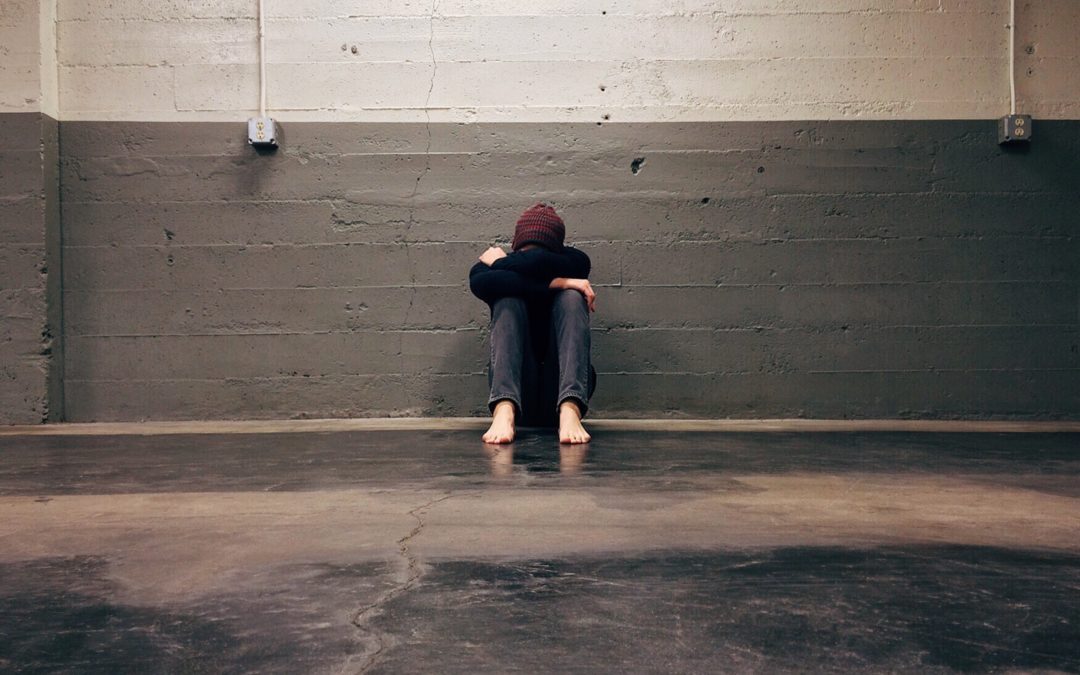Trauma – Sexual Abuse
“When you look at the original word trauma, it’s a Greek word for wounding. Wherever we’re wounded, there’s scar tissue that forms, and scar tissue is always harder, less resilient, and less flexible than the tissue that it replaces.”
No parent wants to believe something like this could happen to their child. The truth is that it’s more common than we hope or expect.
The after effects can be wide-ranging. Everyone deals with trauma differently. Often someone who struggles with sexual assault can feel isolated like they are the ones to blame, disconnected from their bodies. Either numb, deep grieving, rage or all of the above.
First, let’s talk about blame culture –
Rape culture is a culture where rape gets normalized through language, casual acceptance of objectification, or adverse comments toward women.
It’s when we ask the recipients of sexual trauma what they did to get themselves into that situation. Or simply not believe them.
Neuroscience understands the way victims deal with trauma can be inconsistent. The brain will often shut down, or shut out traumatic incidences leaving large inconstancies in victims stories – which often strengthens blame culture.
But studies show that the percentage of people fabricating stories of rape are around 5% while close to 60% never even get reported in the first place because of the inherent shame and feeling like it’s their fault.
Most people wouldn’t think that blame culture or victim shaming is a thing we must worry about. From a logical perspective, it seems pretty standard that we would all be on the same page that this isn’t the victim’s fault.
However, that’s not always the case and the mindsets will feed each other, which is why it is so important to upgrade your mindset so you can elevate the ones you are close to, especially if someone you loved has gone through something hard like sexual trauma.
What happens to a victim?
Sexual trauma can have psychological, emotional, and physical effects on a survivor. These effects aren’t always easy to deal with, but with the right help and support, they can be managed.
Common post-trauma effects:
Self-Harm – Deliberate self-harm, or self-injury, is when a person inflicts physical harm on himself or herself, usually in secret.
Sexually Transmitted Infections – A sexually transmitted infection (STI) is a bacterial or viral infection passed from one person to another through vaginal, anal, or oral contact.
Substance Abuse – If you are concerned that you’re using substances in a way that could be harmful to your health or have concerns for someone you care about, consider learning more about the warning signs and places to find support.
Dissociation – Dissociation is one of the many defense mechanisms the brain can use to cope with the trauma of sexual violence.
Eating Disorders – Sexual violence can affect survivors in many ways, including perceptions of the body and feelings of control.
Pregnancy – If you were recently raped, you may have concerns about becoming pregnant from the attack.
Sleep Disorders – Symptoms of sleep disorders can include trouble falling or staying asleep, sleeping at unusual times of day, or sleeping for longer or shorter than usual.
Suicide – Suicide is preventable and suicidal thoughts aren’t permanent. If you are thinking about suicide, there are resources to give you the support you need to get through this tough time.
Adult Survivors of Child Sexual Abuse – Many perpetrators of sexual abuse are in a position of trust or responsibility for the child’s care, such as a family member, teacher, clergy member, or coach.
What does Healing look like?
The thing about healing is it’s a decision. A desire to want it more than the pain. That might sound obvious, but it isn’t. Many of us get so stuck in the pain storms that we don’t want to let it go. Who are we without our pain?
Acknowledge the trauma. This isn’t as easy as it sounds. Often times denial feels like a safer route. It’s important to understand that isn’t true. Healing begins with acknowledgment.
Become aware of how trauma can affect you. Everyone responds differently. It helps to normalize what you’re going through by understanding common ways we all deal with hardship such as this.
Get support. People want to be there for you. And connecting with people we trust is the most healing thing we can do.
Identify what triggers you. Again, everyones process is different. So make sure you know yours.
Reconnect to your body. Allow the pain to be felt in your body. Suppressed pain and avoidance of pain does not relieve you of your pain. Suppression leads to depression.
Know that it is not your fault. It’s easy to internalize this as something we did to ourselves. But shaming yourself is not healing. This is not your fault.
Write – give your story a voice. The brain processes trauma through a story.
Find a professional that can help you unwind from the complex emotions trauma ensues.

